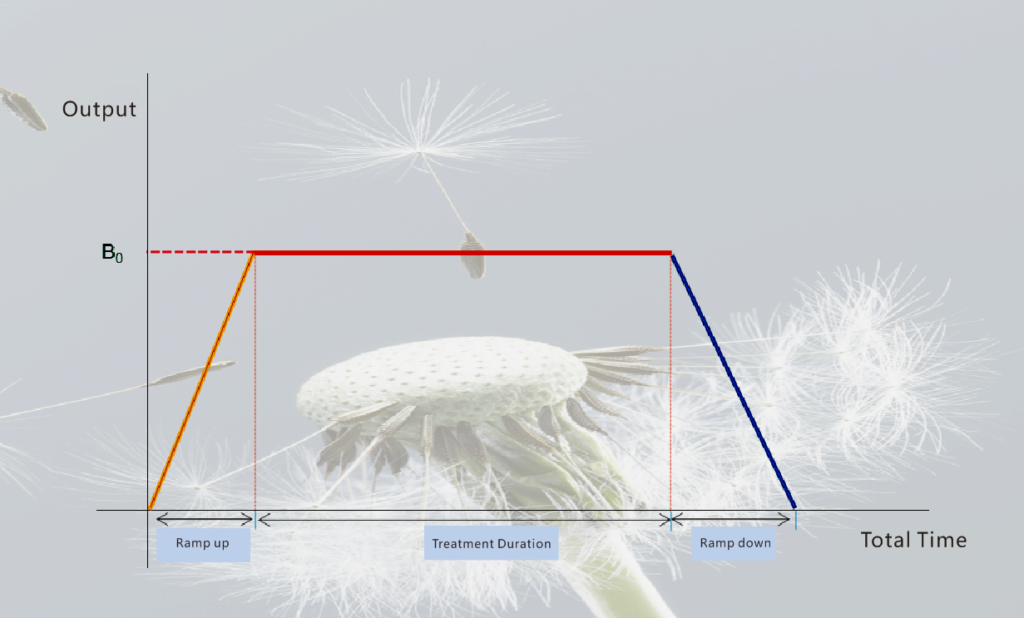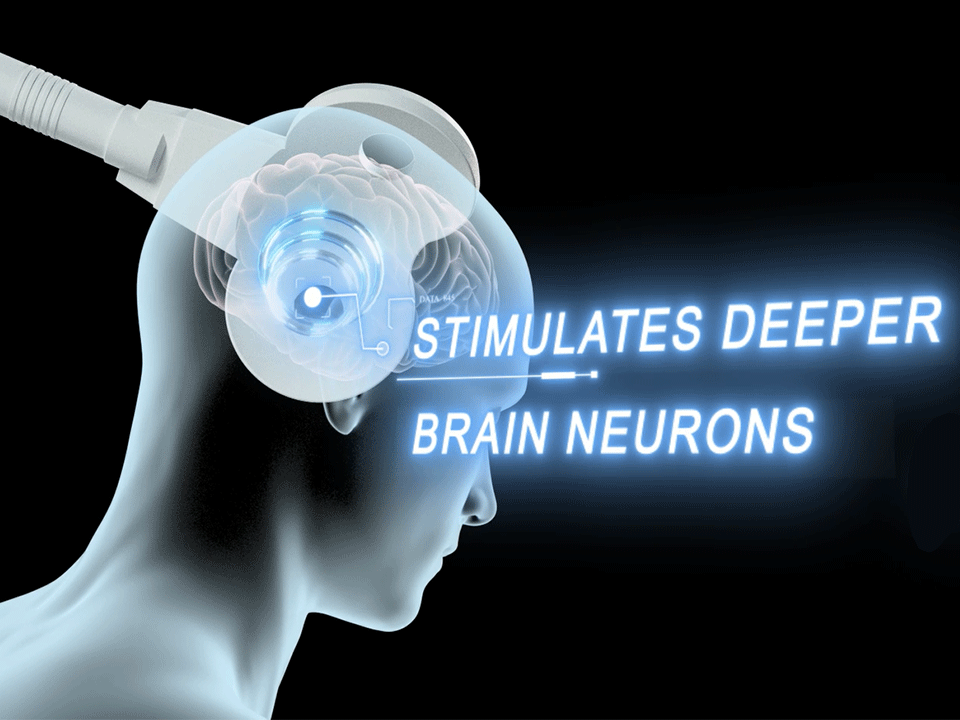Yingchi Transcranial Magnetic Stimulator S Series has two options: high-efficiency liquid cooling and energy-saving air cooling.

The liquid cooled S series adopts a high-performance stimulation host, intelligent liquid cooling system, and a convenient integration of motor evoked potential modules. It has the characteristics of low stimulation noise, compact appearance, and meeting the requirements of long-term high-intensity output.
The air-cooled S series adopts a high-performance stimulation host and an efficient air-cooled system, which has the advantages of low consumption of materials, safety and environmental protection, and high cost-effectiveness.
Both models can meet the requirements of conventional transcranial magnetic stimulation therapy and neurological function testing.
Features

Safe operation instructions
It has operational safety indicators such as power supply, temperature, flow rate, status, and strength, making it safer to use.
Quick coil replacement
You can plug and replace different types of stimulation coils on your own, making it versatile and suitable for more application scenarios.
Data management
The system is equipped with a standard stimulation plan, based on authoritative domestic and international guidelines and evidence-based medical evidence, providing reliable reference for clinical practice.
MEP Quick Detection
The built-in MEP module can quickly detect upper and lower limb motor evoked potentials.
EEG/EMG/fNIR synchronous acquisition box
It can be equipped with a synchronous collection box for EEG signals, which can be combined with multiple brands and models of EEG, electromyography, near-infrared and other devices to synchronously collect brain signals.


Humanized design
The stimulation intensity can be quickly adjusted through the coil button, making it easy to operate.
The interface types are rich and complete, with strong scalability, and can be used in conjunction with devices such as EEG/EMG/fNIRS to meet clinical and scientific research needs.
The positioning cap presents the international 10-20 system and brain functional area distribution, assisting in rapid positioning.
Electric seat, adjustable 180 degrees, fixed head, ensuring accurate characterization of stimulation targets during the stimulation process.
Scientific Researches
People has never stopped the exploration of learning and memory. In recent years, it has been confirmed that TMS can regulate learning and memory, attention, executive function, etc. TMS is mainly used in cognitive neuroscience research, sports rehabilitation research, brain function research, psychiatry and pharmacology research, such as neuroplasticity research, brain function connection, etc.
Diagnosis
In disease diagnosis, TMS is used as a clinical research tool to assess cortical processing time, cortical connectivity, cortical inhibition and excitability, and cortical interactions. TMS can be used to diagnose the following items:
√ Motor evoked potentials,MEP
√ Resting motor threshold,RMT
√ Central motor conduction time,CMCT
√ Cortical silent period, CSP
√ Peripheral TMS, pTMS
Clinical Treatment
| Application Fields | Diseases |
| Psychiatry |
|
| Neurology |
|
| Rehabilitation |
|
| Pediatrics |
|
| Pain |
|
| Sleep Center |
|
FAQs
What Is Transcranial Magnetic Stimulation?
Transcranial magnetic stimulation (TMS) depolarizes neurons through electromagnetic induction, which easily penetrates the skin, skull, and cerebrospinal fluid. TMS offers unique, non-invasive measures of neurological function, as well as the possibility to locally enhance or inhibit cortical activity. With the development of TMS technology, repetitive transcranial magnetic stimulation (rTMS) with continuously adjustable repetitive stimuli has emerged and gained increasing acceptance in the fields of clinical psychiatry, neurological disorders and rehabilitation. It mainly achieves the purpose of treatment through different frequencies. High frequency (>1Hz) is mainly for excitation, and low frequency (≤1Hz) is for inhibition.